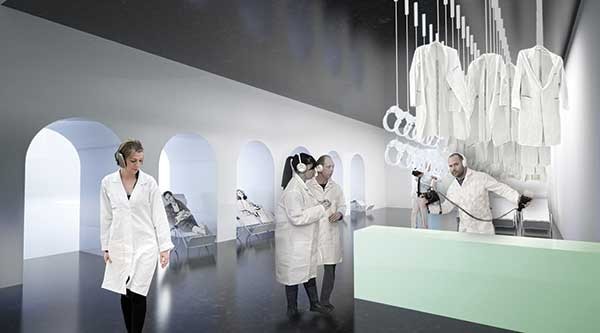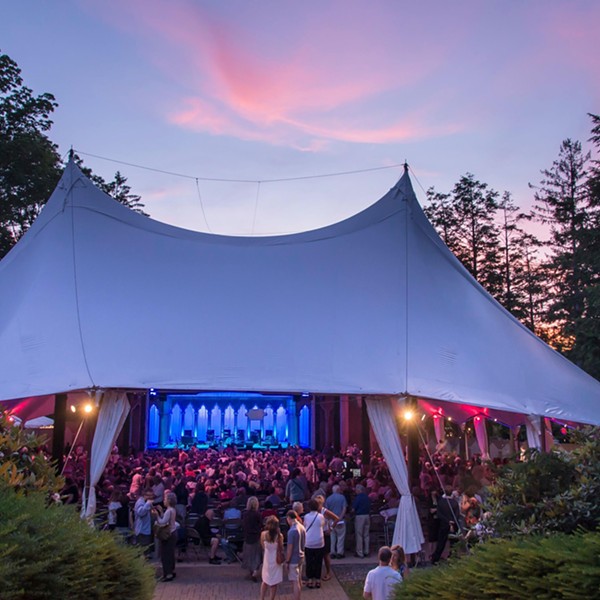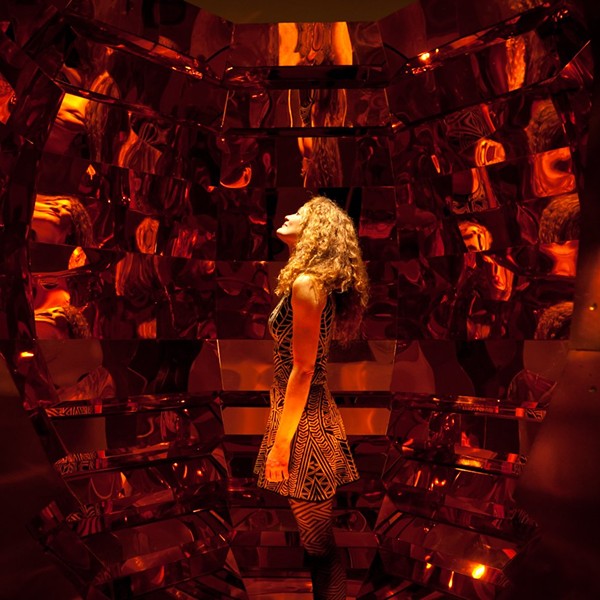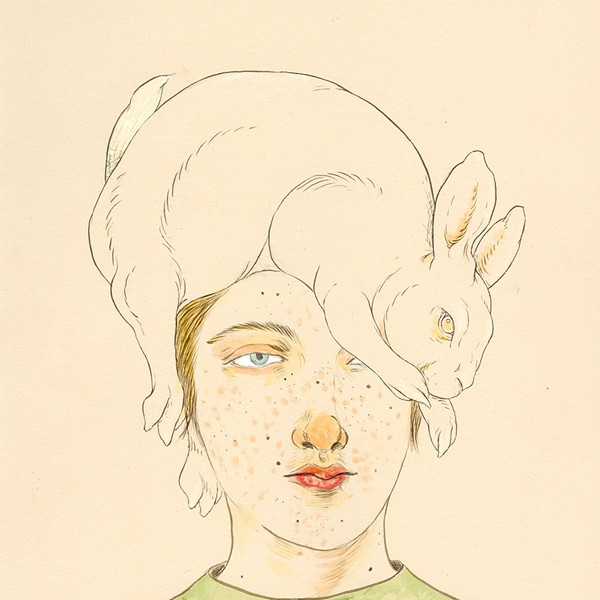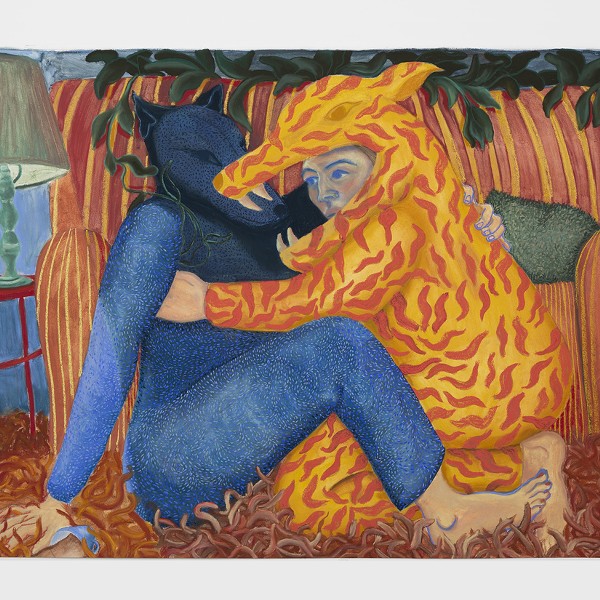C: The institute is also about death in a way, right? It's about what comes after you or, at least, what will be in the absence of you. Is your death on your mind a lot?
MA: Every day, every day. I think about death every day. I wake up in the morning thinking about death. This is what Americans don't do. You think you're immortal. And you think you're ever young, and this is the wrong culture. In my culture death is a part of life. And I think that is very important, because when you think about death every day you cut the bullshit away from your life. You just concentrate on how much time you have to do what is important.
And this is what I'm doing. I'm incredibly focused and I cut all the rest out. It's really like I'm a soldier. [Serge brings nuts.] Oh god nuts! Thank you.
C: Your performances seem to be about heightening sensations that we may not pay much attention to in life. In death, all that goes away. Are you trying to preserve those moments with the institute?"
MA: No, this legacy is about so much more. First of all, the history of art is full of three basic subjects: pain, suffering, and temporality—and life after death. So every artist is busy with this, because the moment you are born, you're going to die, and every single day is actually passage to death.
If you go to the East, the Balkans, the Middle East, India, China, this is such an important subject. The Sufis say that life is a dream and death is just waking up, and I think that that's something we have to think about, because we don't even know where life comes from.
C: So you're looking for the unknown?
MA: I was just talking to a scientist on the radio a couple days ago about the brain and I asked him, "What is the brain?"
He said we have no idea! It's such a big unknown thing. To me that's such a fascinating subject: to find out if you really have some good ideas and experiences in your life.
C: How will these ideas manifest themselves at the institute in Hudson?
MA: It's very important to me that I can actually articulate what I want to leave.
I'm going to be 67 in bloody November. It's a big period. You're in the last stage of your life. I don't know...well, it's not like you're in the beginning. The thing is: How can you put this all together in some kind of conclusion and leave that for the other generations so that they can benefit off it?
What we don't have in this society right now is time. We don't have time, and technology has absolutely put us in prison and we don't have any connection to ourselves.
The institute is a kind of tool to give a glimpse, even for a short time, to any person who wants to come, to experience something different, a different state of consciousness and then he can go back to his own life and do whatever he's doing and see how this experience can apply to his own life and to his own work, or not. That's what I want to do.
It's also a union between art, science, technology, and spirituality. So it's much larger than just performance. Performance is just my tool. I think that artists have to give unconditionally, whatever it is they give. That's their function in society.
C: Of all the places you've been, what drew you here?"
MA: I came to America because I did everything in Europe I could do. I did every museum you could possibly imagine, so I was thinking it's time to go to America.
Plus, America is such a disturbed society. I think it's good to be in places that are disturbed, because there is where you function the best. And New York is the worst! I'm rushing around like crazy! But, I understand that if I don't come to the countryside a few days and walk in the landscape, and climb in the trees, and swim in the rivers, I'm not going to make it. I really need this kind of place. And Hudson, to me, was such an ideal location, between Bard, Mass MoCA, Williams College, Hobart, [and] very easy to access from New York.








